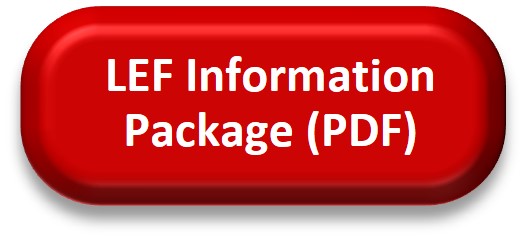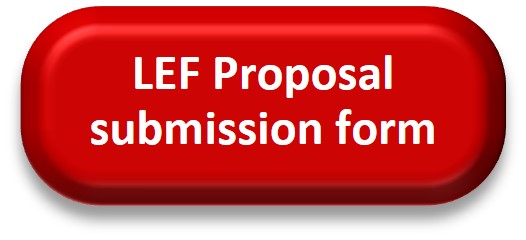We are pleased to launch of our Call for Proposal 2022 for community projects in the domains of clean water access and sanitation though our philanthropic arm in Nanyang Environment and Water Research Institute (NEWRI) –NEWRI Community Development or NEWRIComm.
NEWRIComm is privileged to have established a unique collaboration with the Lien Foundation that allows us to deploy knowledge and expertise from a diverse team of academics, research staff, and students to help underserved communities in South and Southeast Asia with educational programs, infrastructure, and resource management to improve and sustain the lives of millions in this region. Since its inception in 2010, we have been administering The Lien Foundation-NTU Environment Endeavour through activities of the Lien Environmental Fellowship (LEF). NEWRIComm partners benefactors to create a better-shared future in Asia through capacity building, innovation, and implementation of holistic solutions in the domain of water and sanitation.
As of 2022, NEWRIComm have completed 18 community projects in 9 countries with 16 LEF Fellows in South East Asia and South Asia benefiting over 2 million people. Join us in our noble cause and submit your next brilliant idea to make a positive impact to the environment and improve lives of your local communities.

What is the Lien Environmental Fellowship?
The Lien Environmental Fellowship (LEF) program is an initiative by the Lien Foundation and the Nanyang Technological University (NTU), started in 2010. Administered by the Nanyang Environment and Water Research Institute (NEWRI), a pan-university institute of NTU with over 300 faculty, researchers, staff and students, the LEF program enables collaborative education and experience with leading environmental and engineering experts. Through NEWRI’s philanthropic unit, funded by an endowment sponsored by the Lien Foundation and government of Singapore, NEWRI Community Development (NEWRIComm) provides program funding and coordination of the LEF program.
Who can apply for the LEF Award?
The LEF Award is offered to institution/ organisation, not individuals. The main applicant shall be the Project Coordinator/ Principal Investigator, “LEF Fellow”.
Where is the project location?
Countries in South East Asia and South Asia
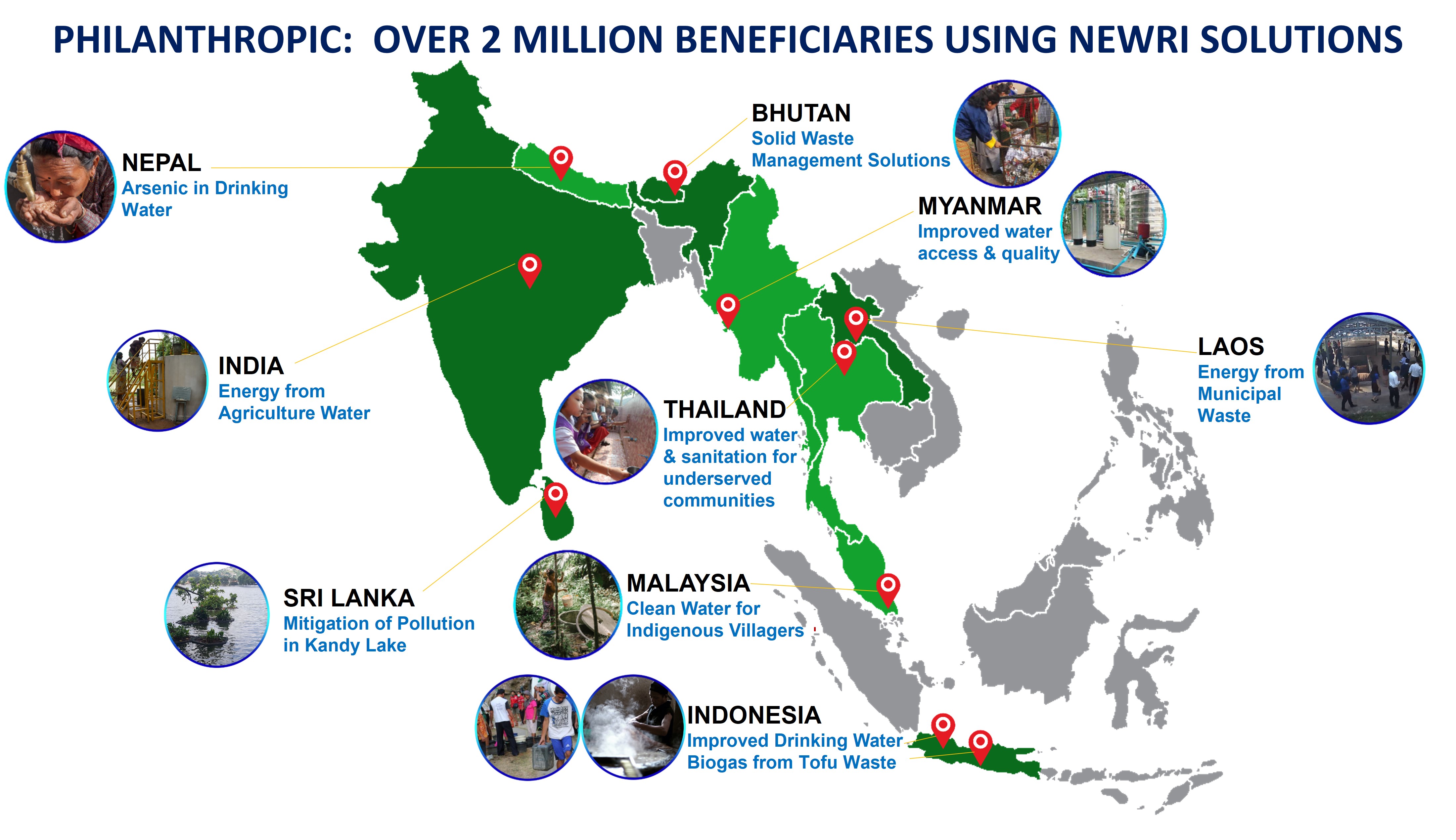
What are the project scopes?
The programme support project scopes may include
(but not limited to);
The programme does not support pure-research projects, commercial projects or development of proprietary technologies for commercial set up. Past successful projects can be found here (https://www.ntu.edu.sg/newri/programmes/newri-community-development-(newricomm)).
Tapping on NEWRI’s strengths in research and engineering, LEF project activities typically encompass:
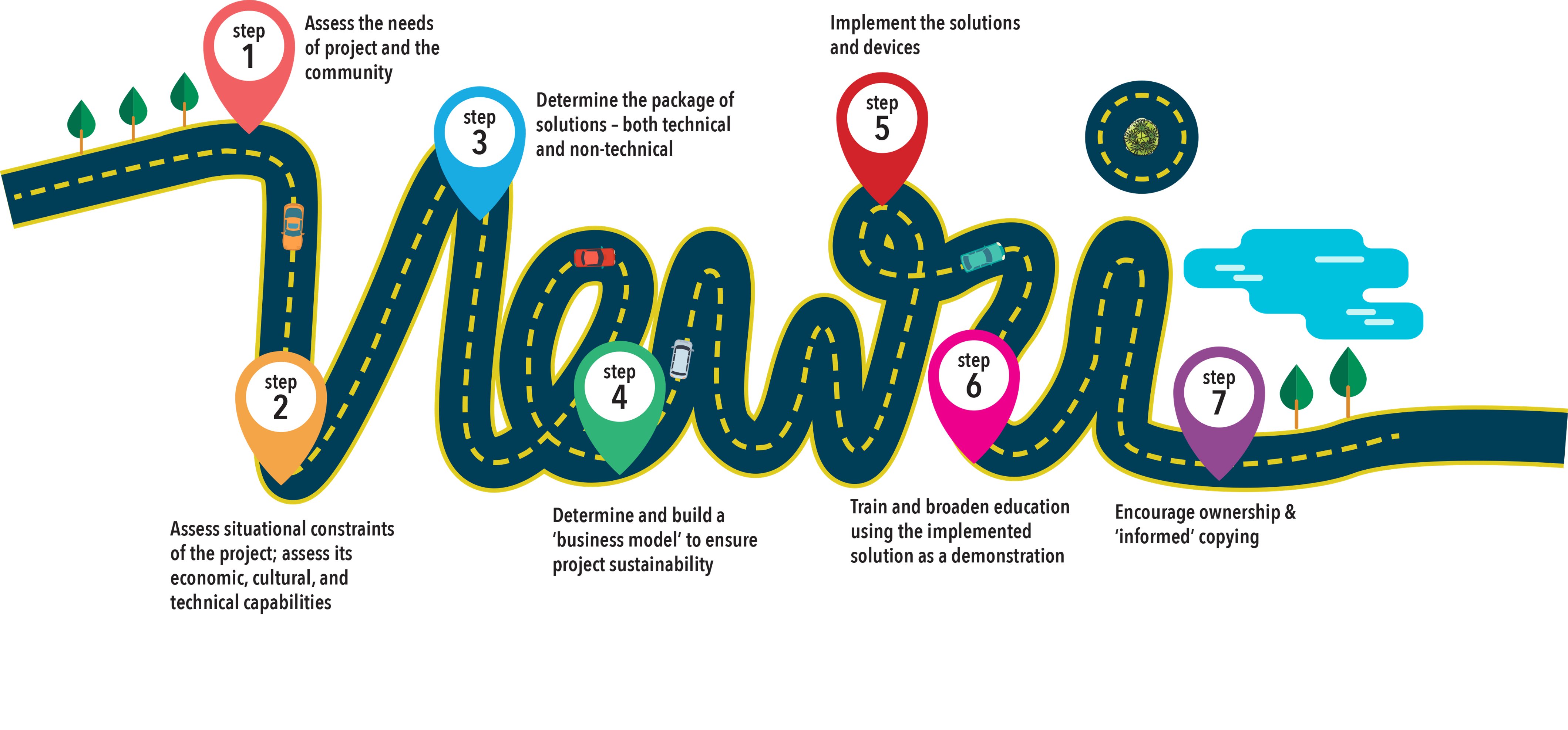
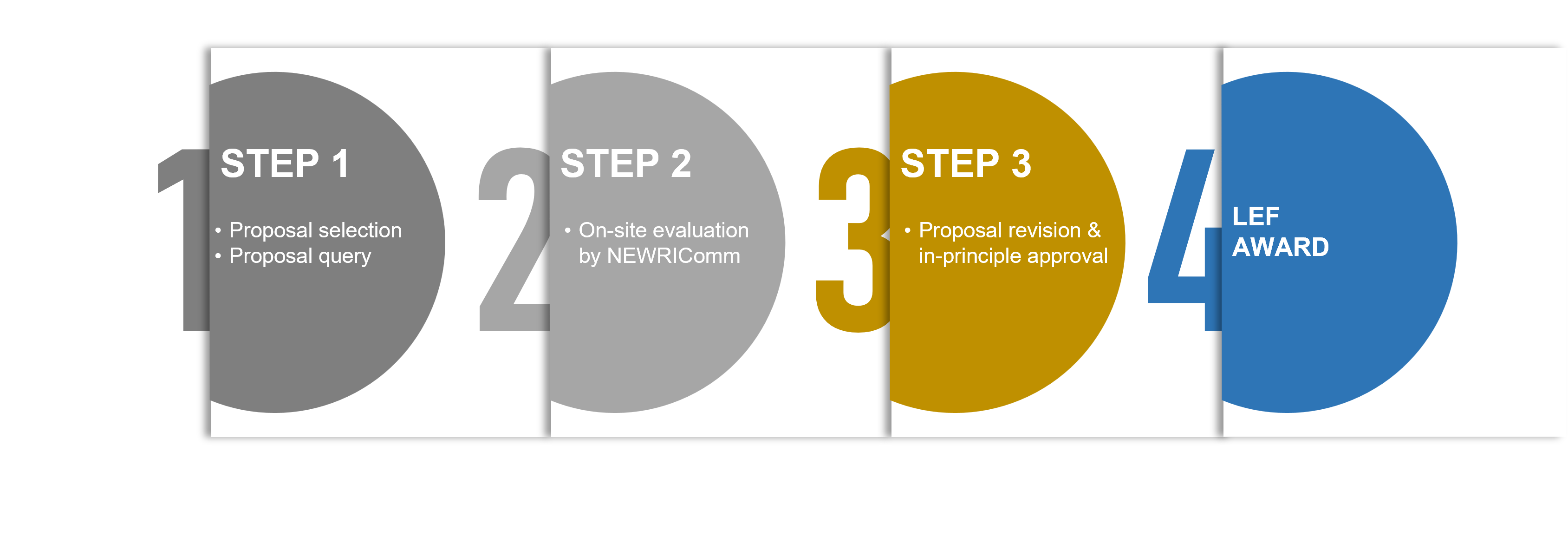
- Can the immediate benefiting community operate and maintain the system after the project team leaves?
- Can neighbouring communities copy the solution?
- Can the solution tie together concern for the carrying capacity of the natural system with social, political, environmental and economic challenges?
- The project should not run counter to prevailing local rules and regulations;
- Support from local authorities;
- Attention and commitment to community engagement;
- Commitment and enthusiasm of benefiting communities and local partners, reflected in co-financing or in-kind support.
- Capacity for innovation, implementation feasibility, and sustainable development;
- Provision of support for project administration (documentation, bookkeeping, etc.)
For more information, please get in touch with
Ms Josephine Chow (Manager) - [email protected]














/enri-thumbnails/careeropportunities1f0caf1c-a12d-479c-be7c-3c04e085c617.tmb-mega-menu.jpg?Culture=en&sfvrsn=d7261e3b_1)

/cradle-thumbnails/research-capabilities1516d0ba63aa44f0b4ee77a8c05263b2.tmb-mega-menu.jpg?Culture=en&sfvrsn=1bc94f8_1)

7e6fdc03-9018-4d08-9a98-8a21acbc37ba.tmb-mega-menu.jpg?Culture=en&sfvrsn=7deaf618_1)




